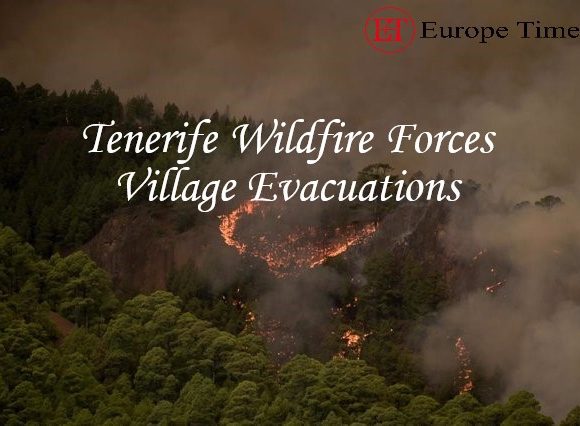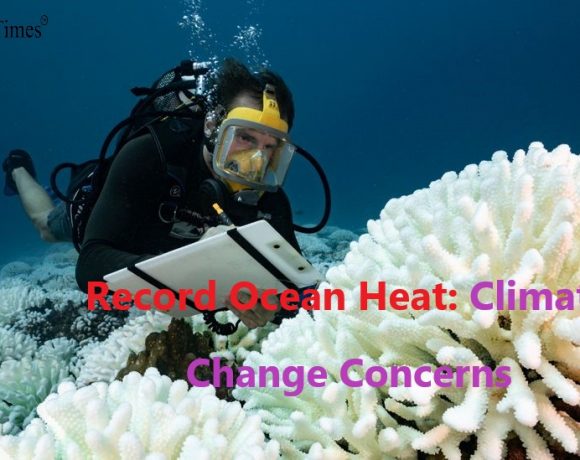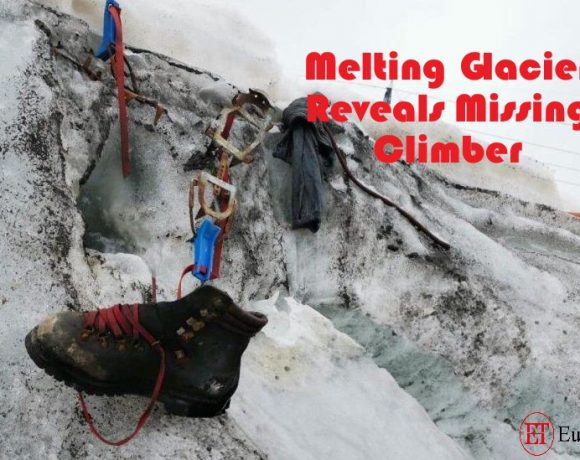
Queen Letizia of Spain is set to travel to Australia to witness the World Cup final between England and Spain in Sydney on Sunday. Notably, no British royals will be present at the event.
The match marks the first-ever final appearance for both England’s Lionesses and the Spanish team in the women’s tournament. Although Prince William, the President of the Football Association, will support the England team from the UK, he has opted out of making the long-distance journey to Australia due to his focus on climate change concerns.
In contrast, Queen Letizia and her 16-year-old daughter, Infanta Sofia, will be attending the final, while King Felipe will be engaged in official obligations and won’t accompany them. The Royal Spanish Football Federation confirmed the queen’s participation, mentioning her prior visit to the team during training where she delivered a speech to the players and coaching staff.
Similarly, Prince William interacted with the Lionesses during training and awarded manager Sarina Wiegman an honorary CBE. Despite his absence from the event, Prince William is expected to watch the final on television. Both Prince William and King Charles conveyed their congratulations to the teams on their achievements and extended their best wishes for the upcoming final match.
Notably, England’s women had previously been awarded their medals by Prince William after winning the European championship, while Queen Elizabeth II had attended England’s men’s team’s World Cup final victory in 1966.
Picture Courtesy: Google/images are subject to copyright









